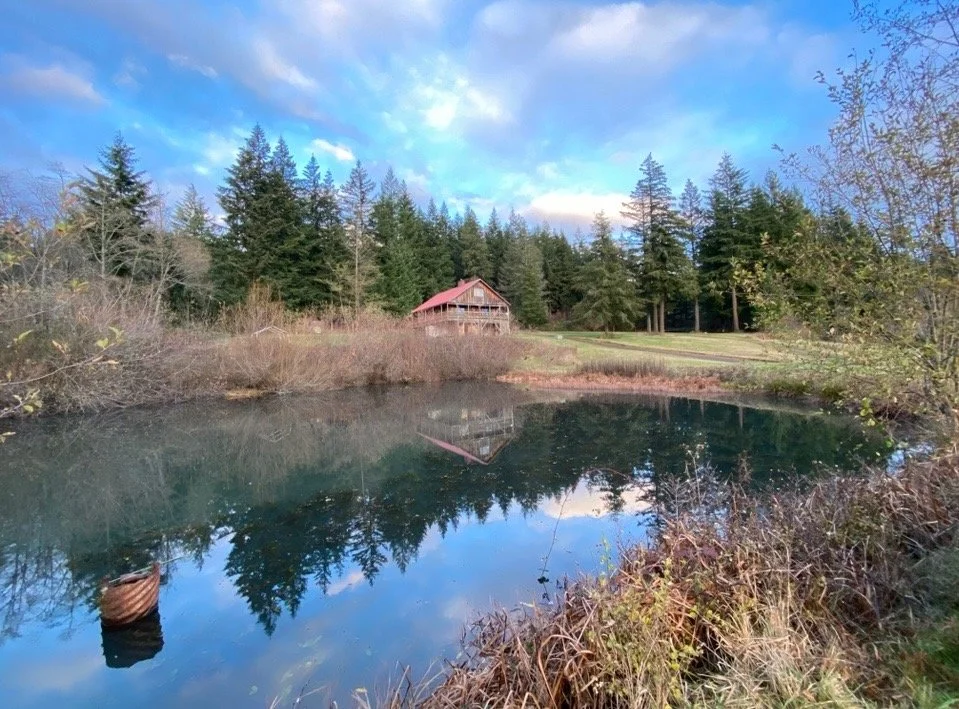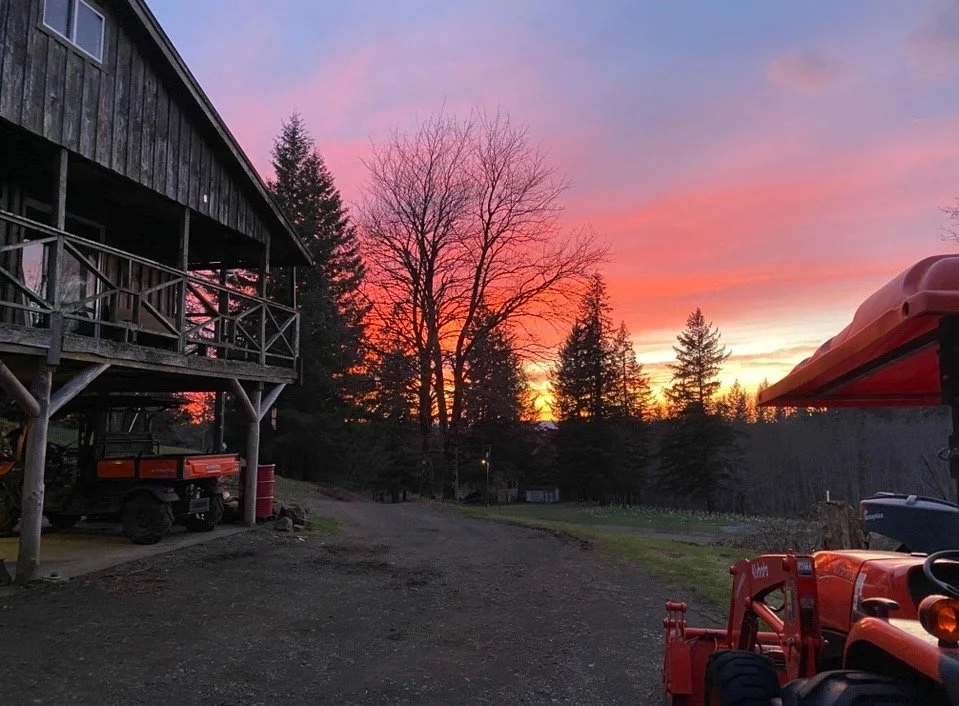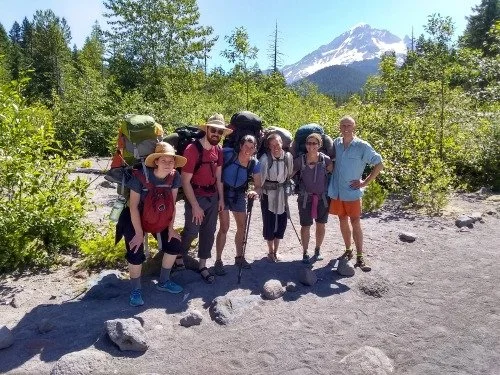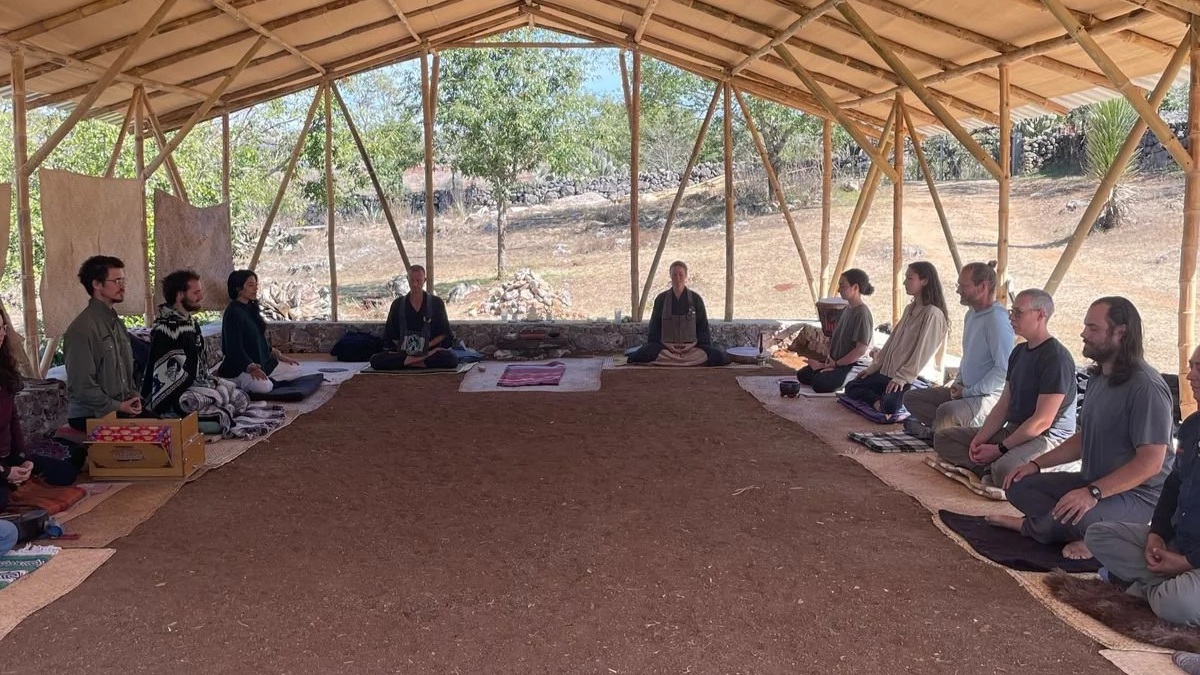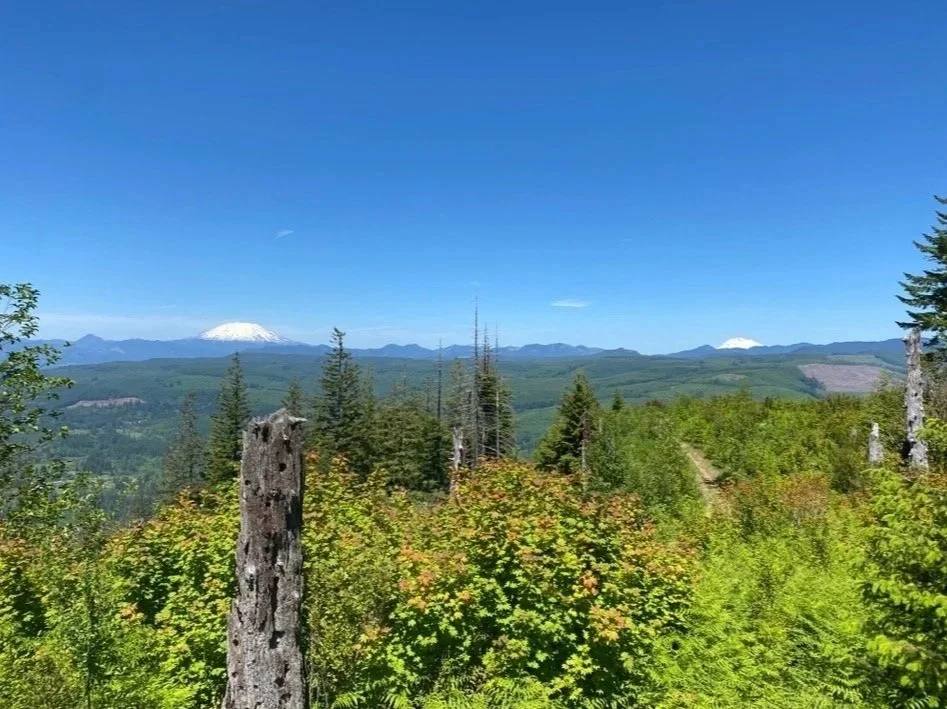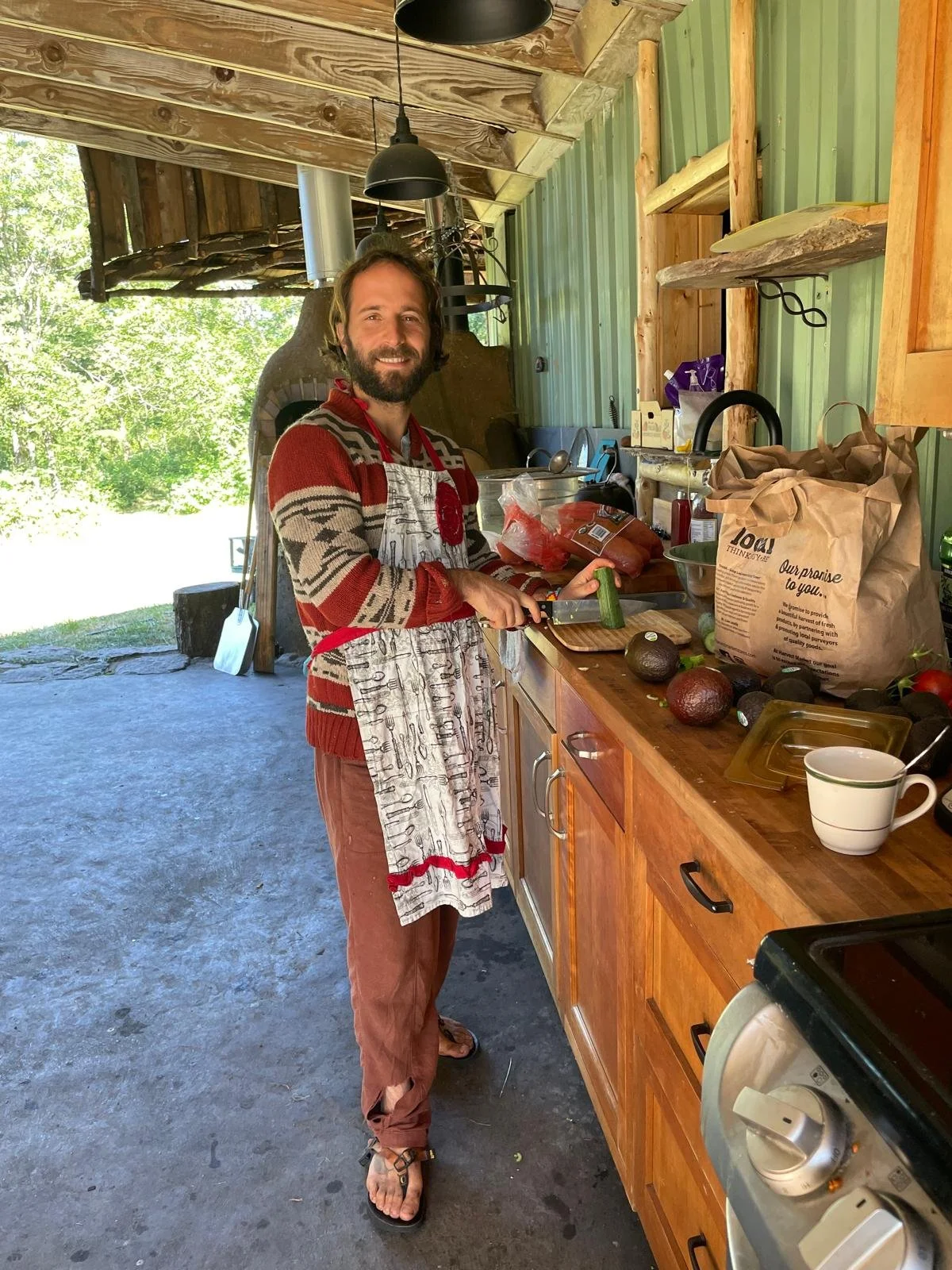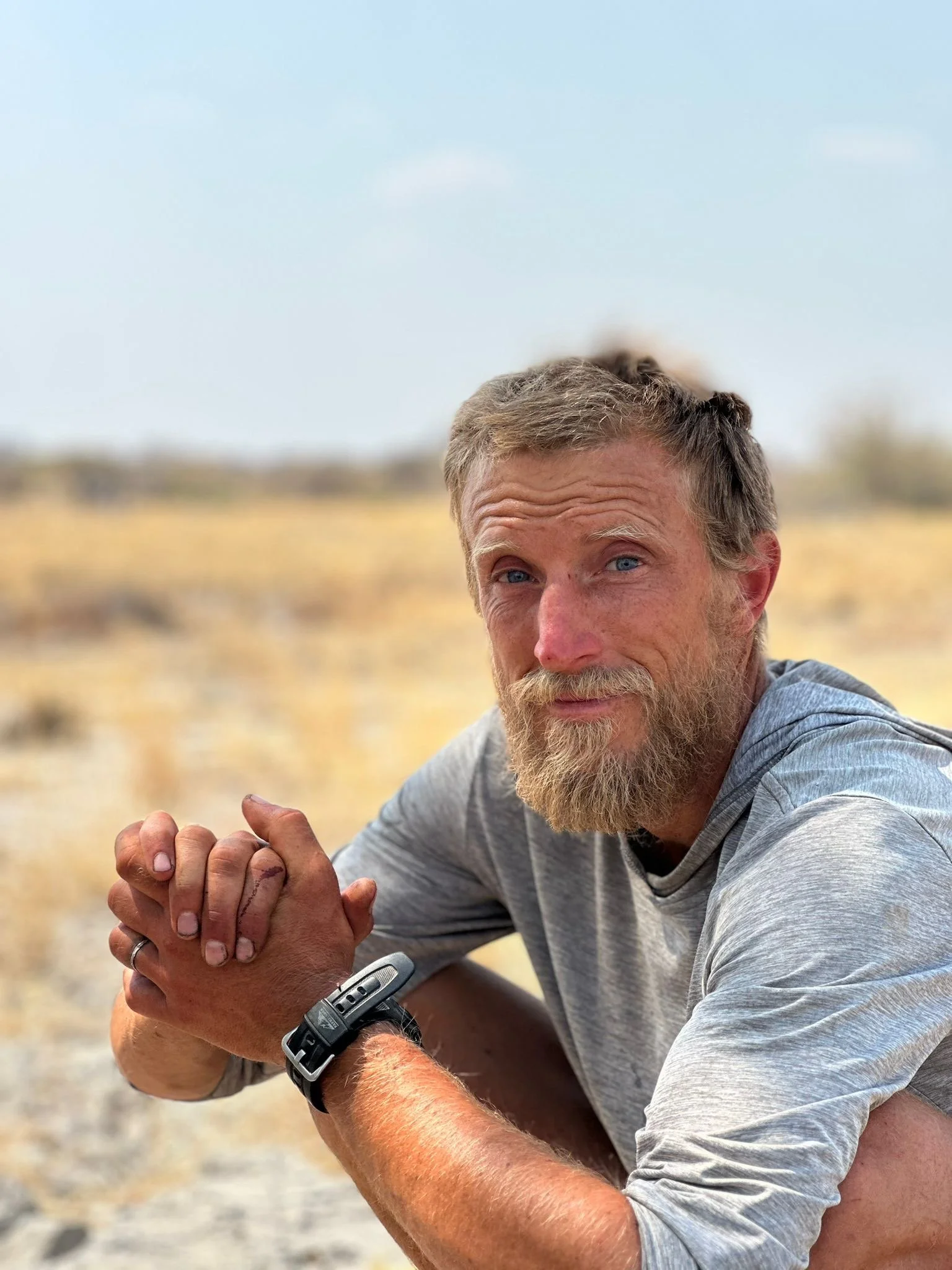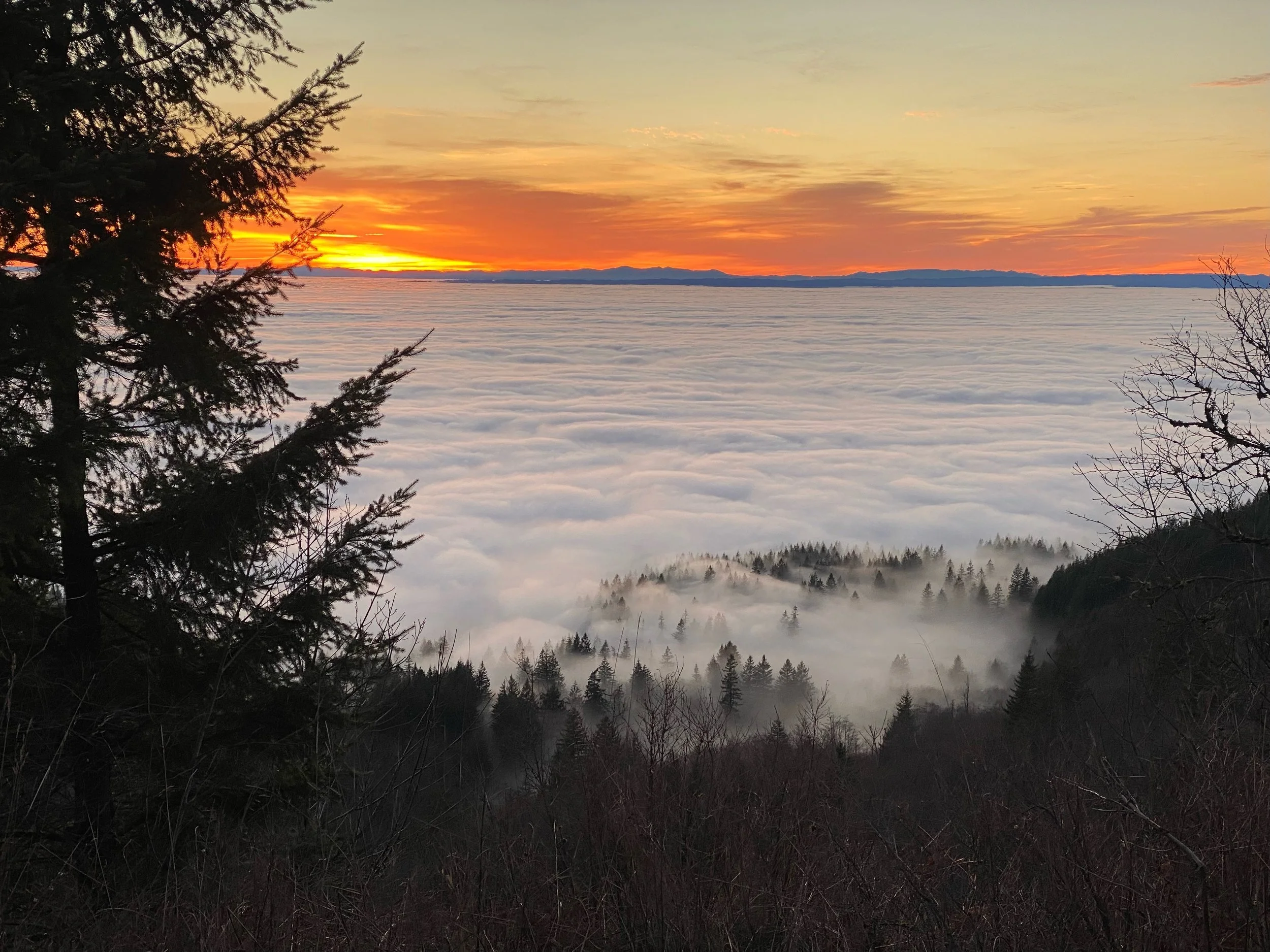Vision
Our Mission
Our primary purpose is to cultivate presence, wisdom, and kindness by sharing the essential wisdom teachings, practices, and forms of our Zen Buddhist tradition and other supportive modalities.
We are committed to manifesting the vow of compassion through a deeply ecological lens and modeling a healthy lifestyle that supports physical, psychological, and social wellbeing.
May the function of this living bring benefit to its every creation.
What is a Dharma Center?
The word dharma is a Sanskrit word that means ‘truth’ or ‘universal law.’ A dharma center is a place where people are supported to look deeply and carefully at the nature of reality, the truth of who and what they are, and the source of their own personal suffering. It is a place where they are encouraged to release the beliefs and psychological clinging that cause distress in their lives, to recognize their innate freedom of being, and to appreciate the simple happiness available to them. A dharma center is a refuge, a place where people can find sanity, clarity, and peace, and learn to surrender to the moment by moment flow of life.
Bell’s Mountain Dharma Center is in its formative phase. We envision a forest refuge & dharma center for deep contemplative practice, a place to connect and heal together with the natural world, and a place to find the support of healthy community.
We have led meditation retreats in the wilderness for the past ten years. Inspired by the power of these retreats, and our need as humans to re-examine our relationship with the earth, we sought a large, nature-based, dharma practice center. Shortly thereafter we received the 700 acre Bells Mountain property in the fall of 2024, along with its associated non-profit 501(c)(3), Remember Land, and the anticipated operating costs for the first five years. The property includes a 4 bedroom house, as well as another house in need of repair. Long-term, we are looking to remodel this house into a chanting hall with a few bedrooms, build a sustainably built, timber-frame open-air meditation hall (Zendo), additional residential quarters, private hermitages, and modest shelter/cabins at the summit for year-round access. We have a builder in mind for the zendo, and are actively seeking capital donations for the aforementioned visions.
Short-term, we have begun the chanting hall project with our recent fundraiser capital, and are intending to use the space in the new year for monthly sesshin and our spring residential program, although the project will likely continue throughout the year.
Our vision includes:
Residential full-time Zen monastic training with weekly programs/classes and monthly sesshin (silent Zen meditation retreats) open to the public.
Onsite residence for practitioners maintaining their families and careers.
Backpacking meditation retreats (on-site and wilderness immersion).
Pedestrian trails and gardens open to the public.
An example of low-impact, sustainable living.
Hermitages for private retreatants.
Music, art, yoga, craft, hiking, running, foraging, and other classes and workshops aimed to promote personal and communal health and wellbeing.
To continue the extant offerings of original Bells Mountain Mission including Natural Organic Reduction (human composting), forest and habitat restoration, and regenerative agriculture. See the previous Bell’s Mountain website here.
Building Vision
Having led many meditation retreats in the wilderness, we are aware of the blessings and the consequences of being fully exposed to the elements. We want to create beautiful buildings that are permeable to the vitality of the natural world, yet protect us from its extremes.
We are re-learning how to live, and build, with the environment in mind. We are learning that in the long run, it does not save to cut financial costs, while creating environmental costs. We are learning that sunlight, and electric light are not the same, the benefits of fresh air and water, walking barefoot on the ground, and experiencing the hot and cold. We are learning that creating privacy also feeds loneliness, and that soundscapes affect our state of our minds and hearts. In the modern way of living, we often sacrifice beauty for comfort, and have electronic relationships over great distances rather than physical relationships within our neighborhood.
We want our structures and lifestyle to guide people back to the basic rhythms of the family and community, earth, light and dark, hot and cold, back to using their bodies instead of machines, and back to being satisfied with where they are. This is not about returning to some idyllic past or future utopia, nor about rejecting modernity's gifts. it’s about honoring that are a part of something larger, wiser, and more beautiful than ourselves and our desires.
In envisioning our living, practice, and retreat spaces, how do we embody these values? For our primary practice space, we envision a large, open-air zendo (meditation hall) which offers some protection from the elements without depriving us of their vital wisdom and support. We would like to use any kind of locally and sustainably sourced, or reused, building materials. Timber is beautiful, local, and has been the primary material used for construction in the Pacific Northwest for 15-20,000 years. We would like to support the global trend returning to selective harvesting in lumber sourcing, rather than clear-cutting. Also, we aspire to see a structure that recognizes and respects, rather than forgets, the lives of the materials that went into its construction. We found a builder we hope to work with through our Zen community that embodies these values. You can find out about his company here.
Please get in touch if you have building experience and would like to lend a hand or if you know a builder who might like to work with us!
We are actively seeking to hire a contractor and a structural engineer to help get our remodel project off to a good start. Please get in touch if you can recommend anyone!
Where we go
and how we get there,
are inseparable.
Leaders
Shinei
Shinei Sara Monial began practicing meditation intensively in 2007. She practiced under Satya Vayu of Touching Earth Sangha in Portland, OR from 2007-2012. Fom 2012-2020 she lived and practiced at Great Vow Zen Monastery in Clatskanie, OR and was ordained by Chozen and Hogen Bays, Roshis. She also lived and practiced for at Tahoma Monastery in 2010. She is a Dharma Holder and Preceptor in the white plum lineage and has been teaching meditation and co-leading sesshin since 2016.
Soten
Soten Danney Lynch has been practicing meditation intensively since 2006. He practiced and was ordained under Chozen and Hogen Bays, Roshis, at Great Vow Zen Monastery in Clatskanie, OR from 2010-2020. He also lived and practiced at Sogenji monastery in Japan with Shodo Harada Roshi in 2015. He is a Dharma Holder and Preceptor in the white plum lineage and has been teaching meditation and co-leading sesshin since 2016.
Lineage
We are in the lineage of Taizan Maezumi Roshi and the White Plum Asanga. Chozen and Hogen Bays of Great Vow Zen Monastery are Shinei and Soten’s ordination teachers. They are Dharma Holders and Preceptors in this lineage. Chozen and Hogen Bays’ other teachers include Shodo Harada Roshi and Phillip Kapleau Roshi.
Dharma Grandparents
-

Taizan Maezumi, Roshi
“Practice is this life, and realization is this life, and this life is revealed right here and now.”
(1931-1995)
-
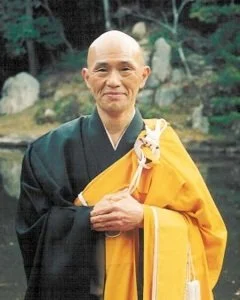
Shodo Harada, Roshi
“We see the flowers and the mountains, we hear the bell ringing, and we know it all as ourself. The river is ourself, and so is the other. We see that from the origin we are all one and the same. This experience is Zen.”
(1940- )
-

Philip Kapleau, Roshi
“Zen comes as a reminder that if we do not learn to perceive the mystery and beauty of our present life, our present hour, we shall not perceive the worth of any life, of any hour.”
(1912-2004)
Dharma Parents
-

Jan Chozen Bays, Roshi
“Magic is constantly happening all around us, we simply have to learn to notice.”
(1945- )
-

Hogen Bays, Roshi
“If we light the way for others, our path will always be lit.”
(1949-)
Other Teachers
-

Abby Mushin Terris
“Yeah, that’s their dharma, but what’s yours?”
(1945- )
-

Satya Vayu
“Creaking wood floor with tin patches
brilliantly expounds the Dharma,
while the crackling fire of the cook stove
sings of the place beyond hot and cold.”(1969- )
Our Story
The Land
“I, together with this Great Earth,
and all that lives upon Her,
simultaneously attain the Way.”
How then shall we live?
Bells Mountain
Bells Mountain is a small mountain in the foothills of the Cascades. Its western slope climbs 2000 feet, summiting with views of Mt. Adams and Mt. St. Helens. Positioned in the Salmon Creek watershed, cold water springs on top of Bells Mountain flow into year round streams across the land. Downstream of the confluence with Rock Creek, this water system enters Salmon Creek, which winds its way southwest, eventually entering Lake River. Lake River enters the Columbia River shortly thereafter near the town of Ridgefield, WA.
Bells Mountain is also accessible from the Bells Mountain trail in Yacolt, and part of the aspiring 300 mile Chinook Trail loop.
The land is beautiful, and diverse, encompassing a large array of habitats and their inhabitants. Wetlands, riparian areas, mature forests, alpine meadows, and established oak savannas are thriving and teaming with verdant plant and animal communities. Much of the land has also suffered from generations of resource extraction. Through educated and informed stewardship, we hope to protect and support the land and its more-than-human inhabitants, help nurture the development of these ecosystems, and live in a way that honors their wisdom and beauty.
Located in a rural area 10 minutes drive outside the city of Battle Ground, WA in Clark County, the land is surrounded on three sides by State Forest lands and sits to the south of Moulton Falls State Park. Bells Mountain is about 40 minutes by car from Portland, OR and 2.5 hours from Seattle, WA.
The land, along with its two houses, and their affiliated non-profit, Remember Land, are now stewarded by Shinei and Soten, assisted by many good friends. The land came to them via donation, with a wish for the flourishing of the Dharma and the wellbeing of the land itself, its wild habitats, and their inhabitants.
We Acknowledge Our History
Peoples of the Multnomah, Wasco, Cowlitz, Klickitat, Bands of Chinook, Kathlamet, Clackamas, Tualatin, Kalapuya, Molalla, and many other tribes have made their homes along the Columbia River and its tributaries. We acknowledge that we make our lives and livelihoods on these traditional village sites.
Thriving communities were destroyed following the arrival of settlers. People were violently removed from their traditional homelands, disease was rampant, and Native American parents and elders were forced to submit their children to settler schools, attempting to assimilate the children into white settler culture. We steward these lands knowing that our presence occurs within the aftermath of this cultural genocide.
We honor and respect the descendants of the traditional stewards of these lands, many of whom are still here in what we now call southwest Washington.
